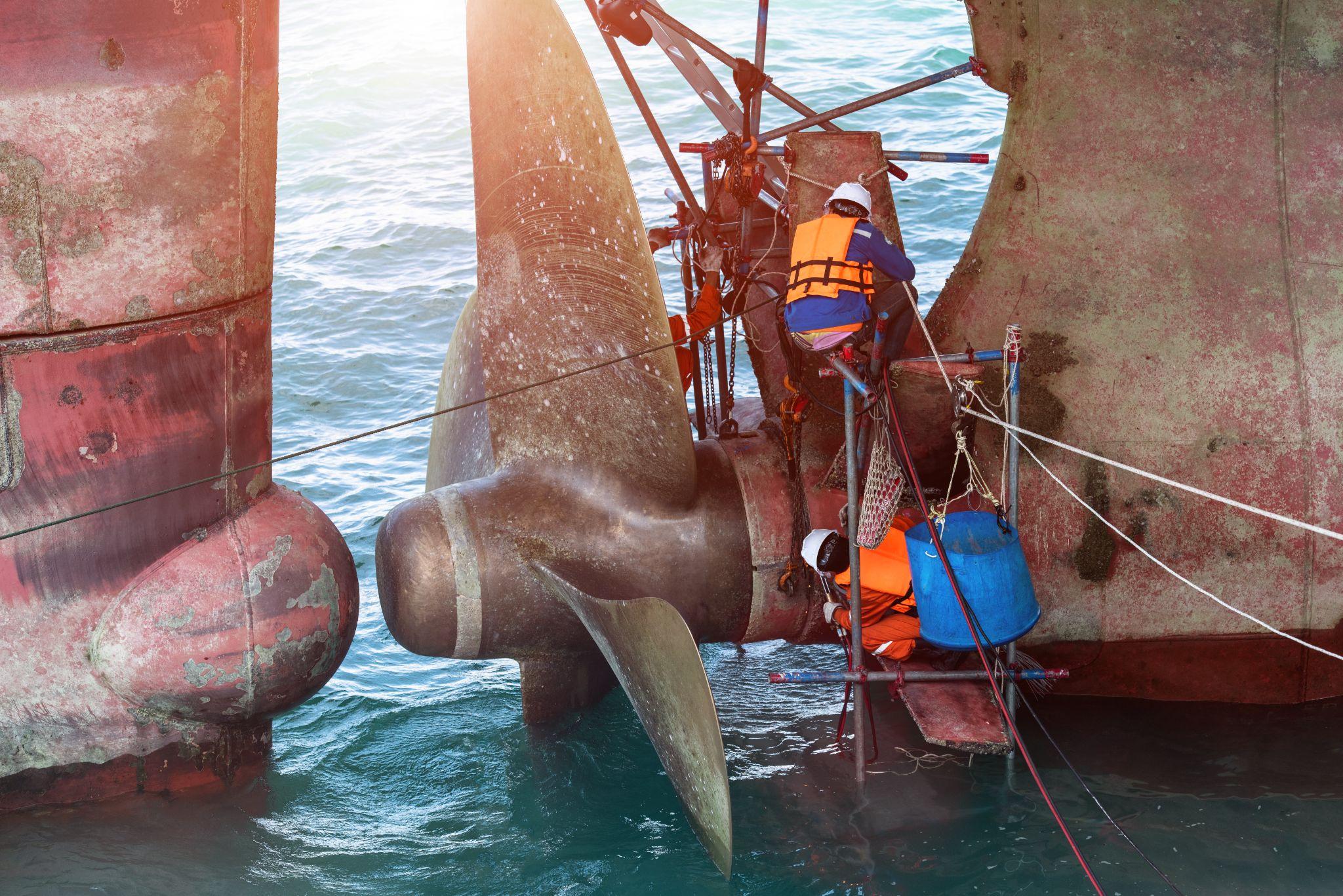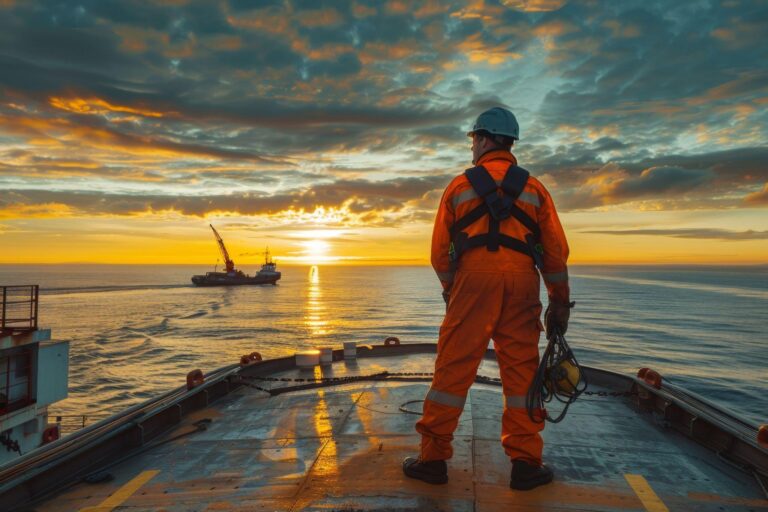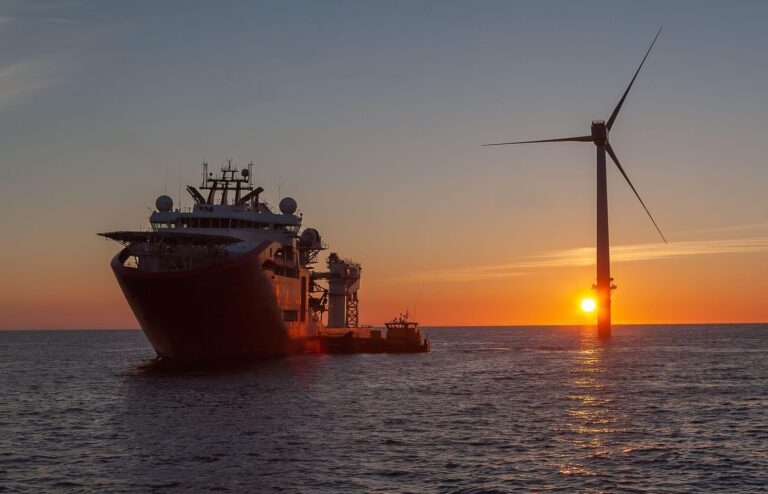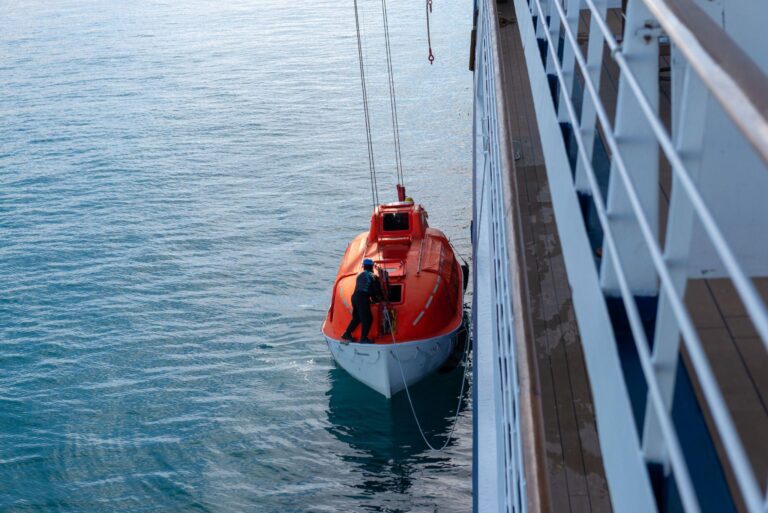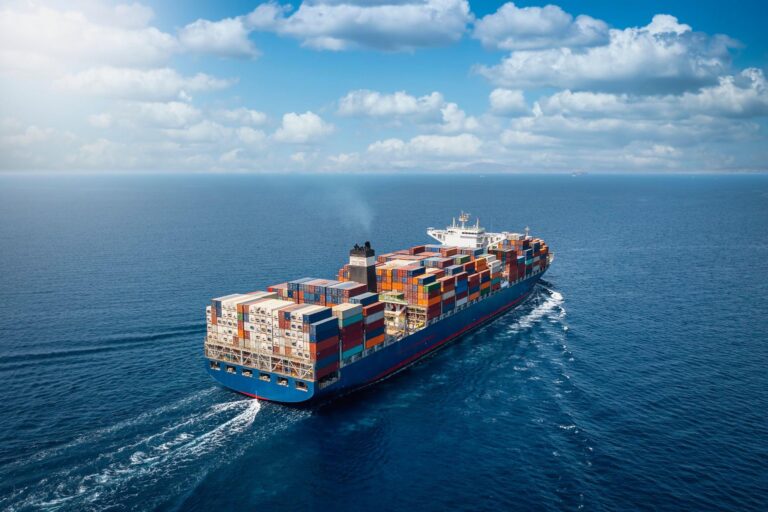One type of injury that many maritime workers face is injury to the spinal cord. Spinal cord injuries, also known as SCIs, can be so serious that they require extended time away from work, or irreversible damage that can end a maritime career. We discuss SCIs and how to get compensation
Why Are SCI Risks So High for Maritime Workers?
Maritime workers are at such high risk of SCIs because there are many ways to sustain these injuries, and also because there are many areas along the spinal cord that, if injured, can result in serious damage.
Types of Maritime Injuries to the Spine
There are many ways in which maritime industry workers can sustain SCIs while working on vessels:
- Workers may receive an SCI when using equipment that has not been properly maintained. Injuries are also possible when a maritime employee is not using equipment correctly.
- Spinal injuries can also be caused by slips and falls onto equipment or the deck, as well as falling overboard. All of these instances can cause a sudden blow to the spine, resulting in temporary or permanent damage.
- Maritime workers can also sustain injuries to the spine when improperly secured cargo shifts and makes contact.
The most tragic aspect of maritime accidents and injuries is that they are completely preventable. Proper training in cargo handling and security, as well as safety training, can go a long way to preventing cargo shifts that can cause SCIs.
Clear communication between employees, non-slip and clean decks, guard rails, and the regular maintenance of equipment can also eliminate or greatly reduce SCI risk to maritime workers.
More About the Spinal Cord
The spinal cord is composed of billions of nerves that relay messages between the body and brain. These messages instruct the body to move and the lungs to expand and contract, and they trigger certain processes necessary for the function of the bladder, bowel, and sexual organs.
The spinal cord is protected by vertebrae, but any significant physical trauma can injure vertebrae and the spinal cord itself. When this occurs, messages are unable to travel, causing the body to lose control.
Tears and bruises to the spine are common for maritime workers to sustain. Both partial or complete injury can lead to permanent disability and a wide array of symptoms which may or may not be severe enough to interfere with an individual’s ability to navigate daily life without medical human or wheelchair assistance.
Partial SCIs don’t cause loss of movement or sensation, but they will result in issues with function. Complete SCIs affect the body on both sides with a total loss of function below the site of impact. Total loss of function includes inability to move and complete loss of sensation.
Common Symptoms Associated with SCIs Sustained by Maritime Workers
When a maritime worker’s spine comes into contact with shifting cargo, water, or another hard surface, spinal shock is often the result. This type of injury can cause the immediate inability to move as well as the loss of sensation below the area where the injury occurred. Symptoms may last for hours, but can extend to weeks. Once they subside, additional symptoms can manifest.
If a spinal shock injury occurred to the lower portion, a person may experience loss of bladder or bowel control. Spinal shock to higher portions of the spine typically leads to more severe symptoms, such as breathing difficulties and depression.
Types of Spine Injuries
Sustaining a spine injury at work can lead to many serious and potentially fatal complications including seizures, stroke, cardiovascular dysfunction, blood clots, problems regulating core internal temperature, low and high blood pressure, pain, and muscle spasms.
Quadriplegic paralysis in both arms and legs (quadriplegia injury) can be severe. A common cause of quadriplegia is sudden trauma to the upper part of the spine. Paralysis in only the legs (paraplegia) or in one arm and both legs (triplegia) are the other two types of paralysis caused by SCIs.
Damage to the spinal cord cannot be corrected or reversed, but rehabilitation and surgery may be able to restore some degree of function.
What’s Your Legal Recourse if You Sustain an SCI at Work?
If you sustained a SCI due to your employment as a maritime worker on navigable waters, you do have legal recourse. It’s possible to get compensation for your medical expenses through Maintenance and Cure, the Harbor Workers Compensation Act, and your employer. However, you must find the right personal injury lawyer who represents plaintiffs only.
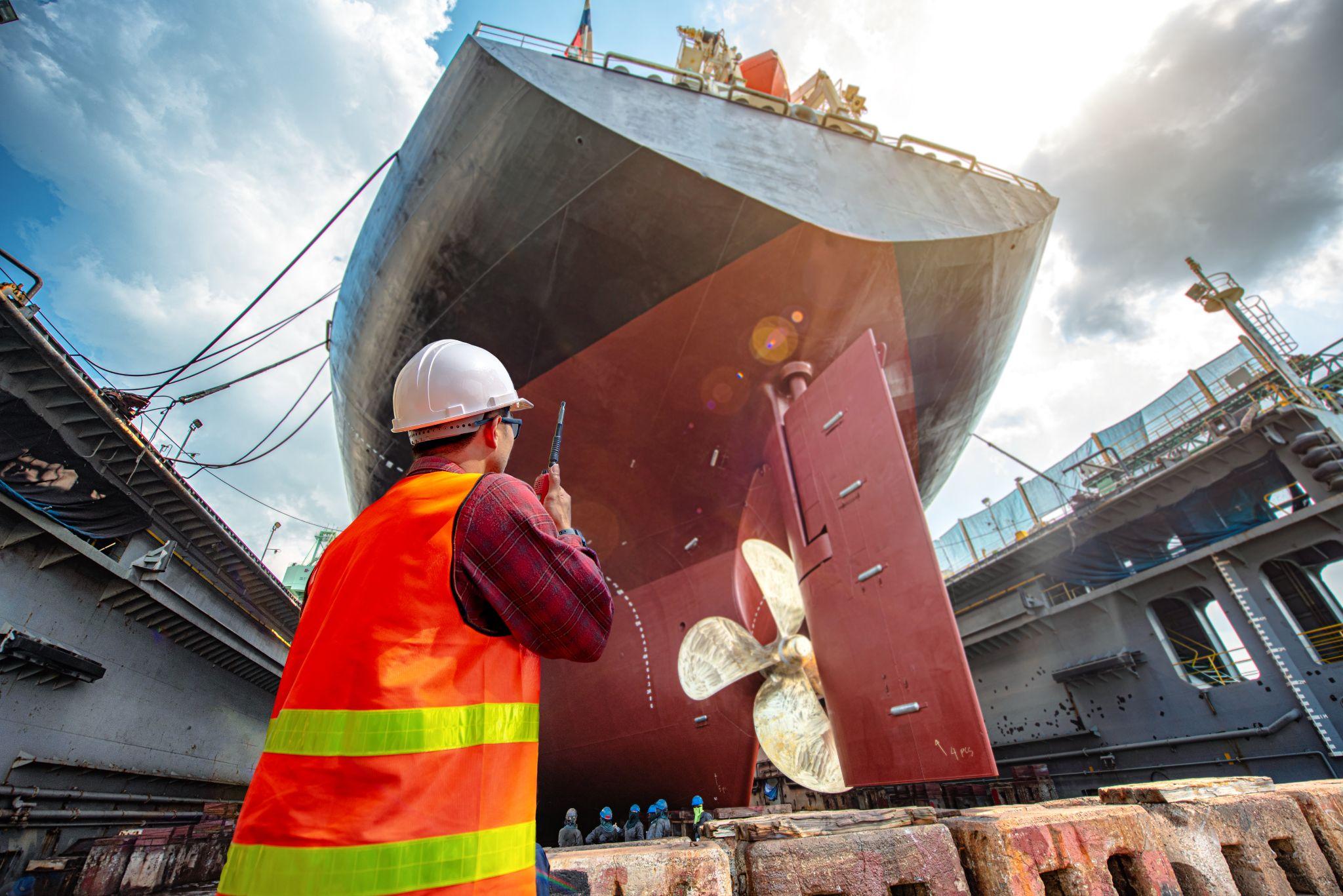
Schechter, Shaffer & Harris are experienced maritime injury and spinal cord injury attorneys who have represented thousands of maritime workers and recovered millions of dollars in compensation, including the largest single claimant Jones Act settlement in the US of $17.5 million. Claim your free confidential case review with a spinal cord injury lawyer today.

